The ink had barely dried on the bill submitted to the Hungarian National Assembly — initiated by a member of the ruling parties to provide a clearer picture of entities representing political interests in Hungary that receive funding from abroad — when already both domestic and international left-wing voices, through a coordinated outcry, labeled the proposal "unsubstantiated" and "the most extreme projection of political paranoia."
However, as has increasingly become the case, reality paints a very different picture of this pressing European political issue than the one sketched out by the global Left’s myriad communication tactics. This observation is clearly reflected in the recent developments in Poland during the final stretch of the first round of a crucial presidential election.
Just days after Hungary’s opposition complained that the government was allegedly inventing a new enemy to target the left-wing media and political elite, Poland was already facing a major international scandal that bore an eerily similar resemblance to the threats highlighted in the Hungarian bill.
To curb the rise of the Polish Right, a comprehensive online smear campaign appeared on the internet — funded and politically backed from abroad. The seriousness of the case is underscored not just by its international resonance, but also by its deeply anti-democratic nature.
The campaign ran for several weeks, specifically targeting two popular right-wing presidential candidates — Karol Nawrocki and Slawomir Mentzen — with defamatory videos, while promoting the left-wing candidate, Rafal Trzaskowski. These videos were widely circulated thanks to significant spending from foreign sources. In response to evidence pointing to alleged wrongdoing, the Polish presidential office, engaging the domestic security agency, launched an investigation to determine the extent of foreign interference and attempts to exert influence during the election campaign.
From a Hungarian perspective, the matter becomes particularly intriguing:
According to consistent Polish sources, the individuals responsible for creating and distributing these videos were employees and volunteers of the Polish foundation Akcja Demokracja, who cooperated with a Vienna-based company called Estratos Digital GmbH, which provides technological and consulting services to the foundation.
If the name Estratos Digital sounds familiar to those who follow Central European politics — particularly if they suspect political manipulation — they wouldn't be off the mark.
That’s because the company, known as DatAdat until two years ago and now operating under the name Estratos Digital, is linked to two Hungarian figures: Adam Ficsor, former minister responsible for civilian national security services under the Bajnai government, and Viktor Szigetvari, a former left-wing politician, who were both were previously implicated in allegations of foreign interference in Hungary’s 2022 parliamentary elections.
Even more strikingly, Polish sources report that the company’s majority owner is the Higher Ground Labs foundation, based in the U.S., which claims to be “in the business of saving democracy" around the world and has financial ties to the Democratic Party.
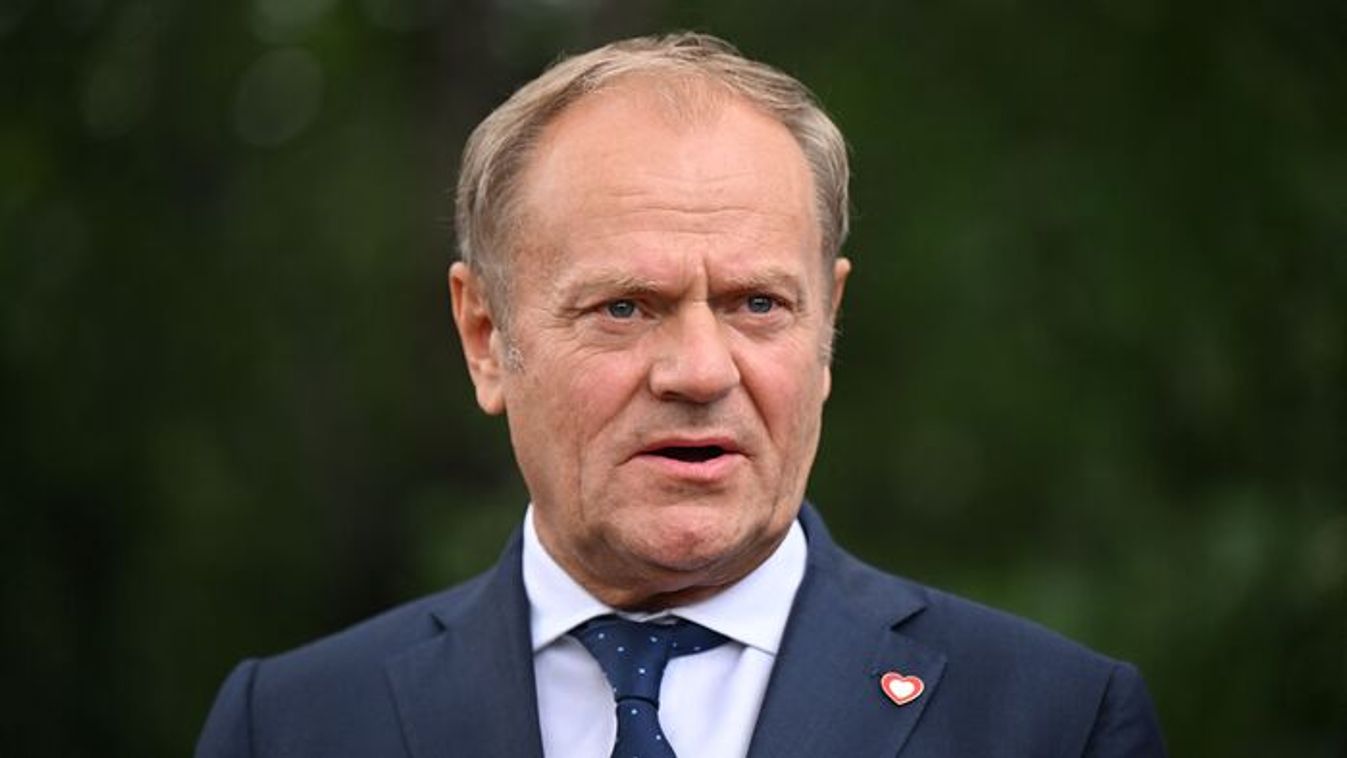


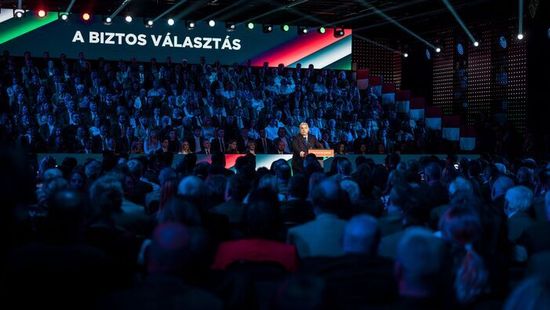
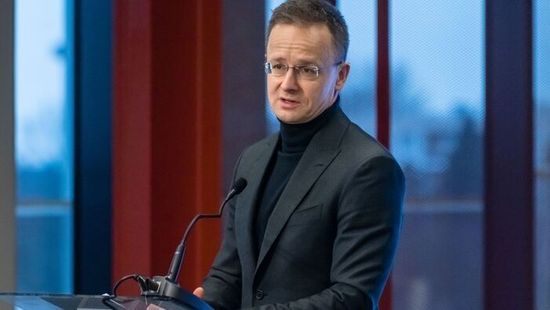


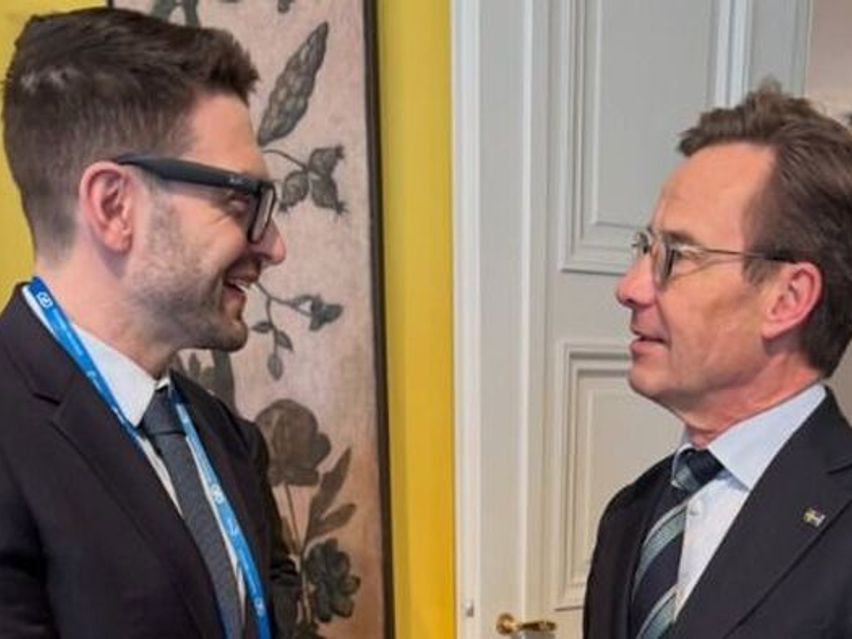




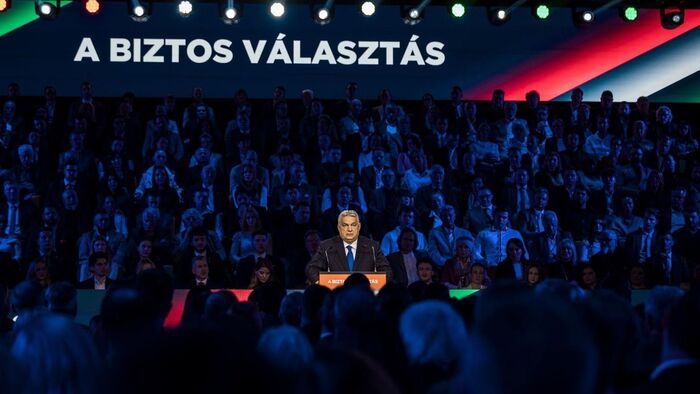

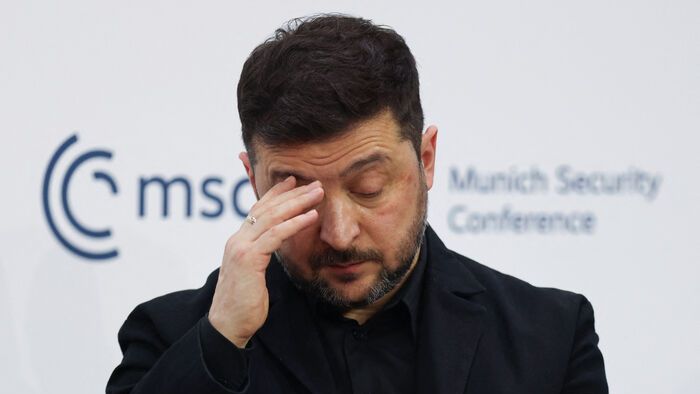
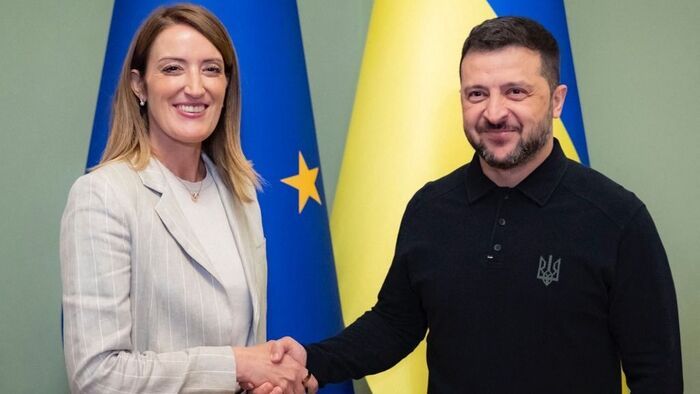
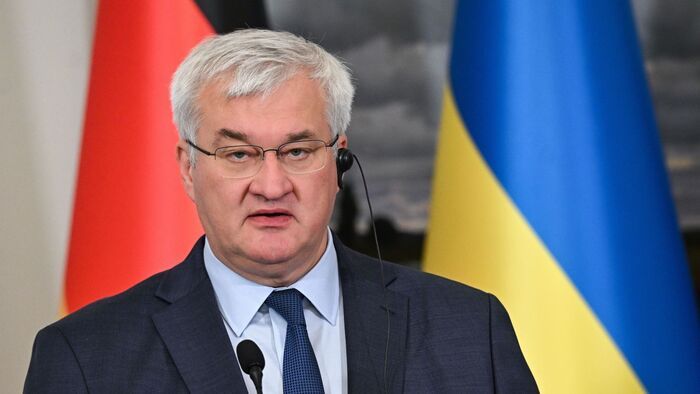






Szóljon hozzá!
Jelenleg csak a hozzászólások egy kis részét látja. Hozzászóláshoz és a további kommentek megtekintéséhez lépjen be, vagy regisztráljon!